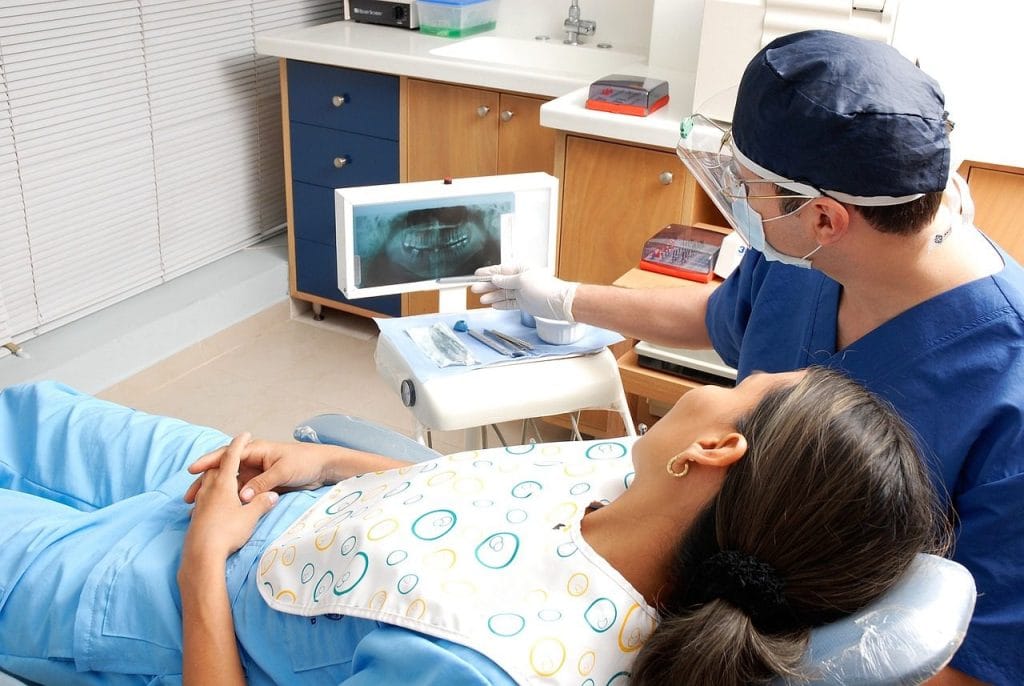Frustrated and bogged down by increasing paperwork cutting into their time with patients, medical professionals have been turning to artificial intelligence for help in transcribing their notes.
“Last year, I did a small prototype by myself, and it was working really well. So, I did find an IT guy, and we did a real application that we were able to deliver. And so in November, last November, we went into market, and then we have an explosion of users that use our application,” said Dr. Jasmin Landry, co-founder & CEO of Plume AI, an artificial intelligence application he co-designed that helps cut down on paperwork for physicians
“I just told myself, if I had no notes to do, I could see so many patients, so that’s what started the project,” he added.
After launching Plume AI less than a year ago, Dr. Landry confirms there are already approximately 2,000 doctors who use the application, representing about 10 per cent of physicians in Quebec.
“That’s the proof that it works really well, and it helps the doctors, it helps patients, and yeah, it’s really good feedback that we receive,” said Dr. Landry.
Related:
The application works first and foremost with the doctor asking for the patient’s consent before turning on the device, which Dr. Alex Richard says more than 95 per cent of patients are happy to agree to.
“It’s very helpful because it’s like a microphone that we could put here and we ask the patient if they are agreed to use this. And when we explain what is it, the patient is always very happy to accept, to help us to use this device. In fact, I explained that this helped me to do the notes — Okay, I don’t have to do it at home. I do it here at the same time,” said Dr. Alex Richard, a family practitioner at Clinique Médicale Trait d’Union.
According to Dr. Landry, he now sees three to five more patients per day in the emergency room, and in the clinic, it saves him around an hour of paperwork per day.
“In 30 to 60 seconds, you have your notes that are completely done, and the magic of the AI is that it takes off every piece of information that is not important. said Dr. Landry. “So if you talk about the bad weather, the good weather, your dog, it won’t be in your clinical notes, it will be only the useful information that you need to have in the clinical notes.”
“We know that the data that we collect is really confidential for the patient, and it’s really important, and so we did a lot on the security side with our IT guy and everything. And for Santé Québec, there’s a certification which is called the TGV that we had to pass.”
Dr. Richard says, “Every name of the patient, the identity of the patient, the birth date, the number, it’s not there,” when referring to the care taken to ensure that patients’ personal details aren’t revealed or shared.
Now, Santé Québec is also exploring the opportunity to help practitioners with a pilot project that will launch in 2026 with the goal of broadening the use of AI for medical transcription across the province.
“I feel in the next few years with the AI, we can concentrate on really the care we do on the patient,” said Dr. Landry.



